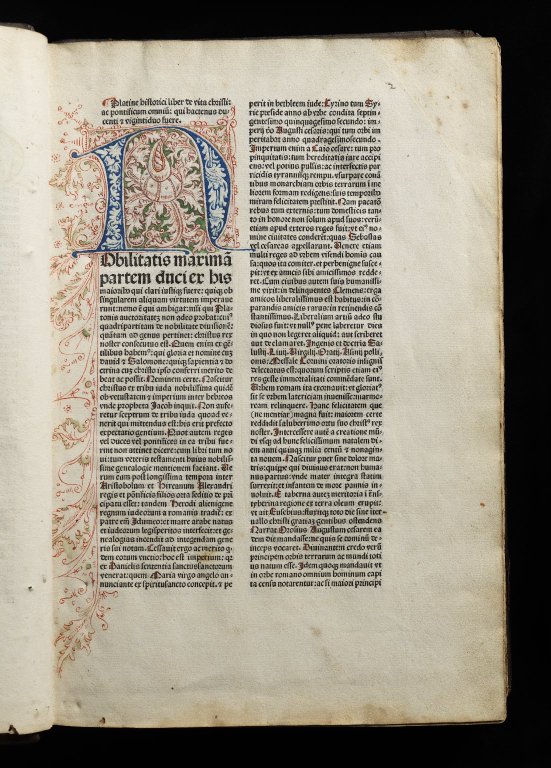Today we’re welcoming a group from the EAHIL + ICAHIS + ICLC 2015 Workshop to New College Library. The Workshop is a collaboration between the European Association for Health Information and Libraries (EAHIL), the International Conference of Animal Health Information Specialists (ICAHIS) and the International Clinical Librarian Conference (ICLC). Along with a tour of the library we have brought out some Special Collections items on a medical theme to display.
This is a detail from Liber Avicenna, a work from the Incunabula Collection. Avicenna was a Persian scholar whose medical texts became standard works at medieval universities.
Part of the TR Collection currently being catalogued as part of the Funk Projects, De effectibus magicis libri sex is a seventeenth century work on medicine, magic and the occult.
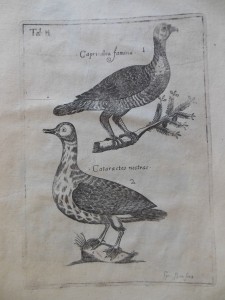
Sibbald, Robert. Scotia illustrata, sive, Prodromus historiae naturalis … Edinburgh : 1684. New College Library DPL 9
Robert Sibbald was an Edinburgh physician and later the first professor of medicine at the University of Edinburgh. This work, Scotia illustrata, is a descriptive regional guide to Scotland’s natural history, with reference to the health of the inhabitants of each region. It once belonged to another doctor, Dr John Hutton, who was court physician at the court of William and Mary. He gifted his library to the Presbytery of Dumfries, from where it came to New College Library where it is now part of the Dumfries Presbytery Library.
Christine Love-Rodgers, Academic Support Librarian – Divinity
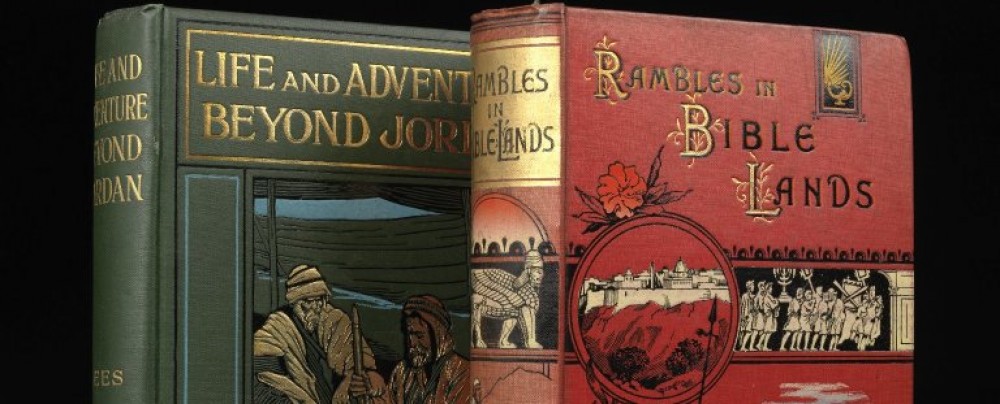
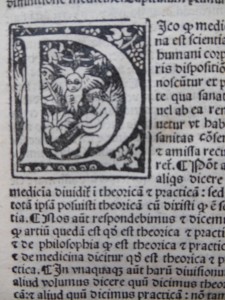
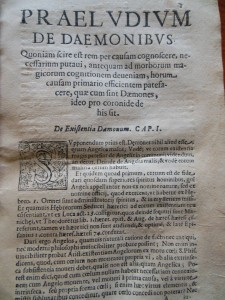

![Tractatus venerabilis Inceptoris Guilgelmi Ocka[m] de sacramento altaris. De Sacramento Altaris](http://libraryblogs.is.ed.ac.uk/newcollegelibrarian/files/2013/04/inc-13.jpg?w=227)
